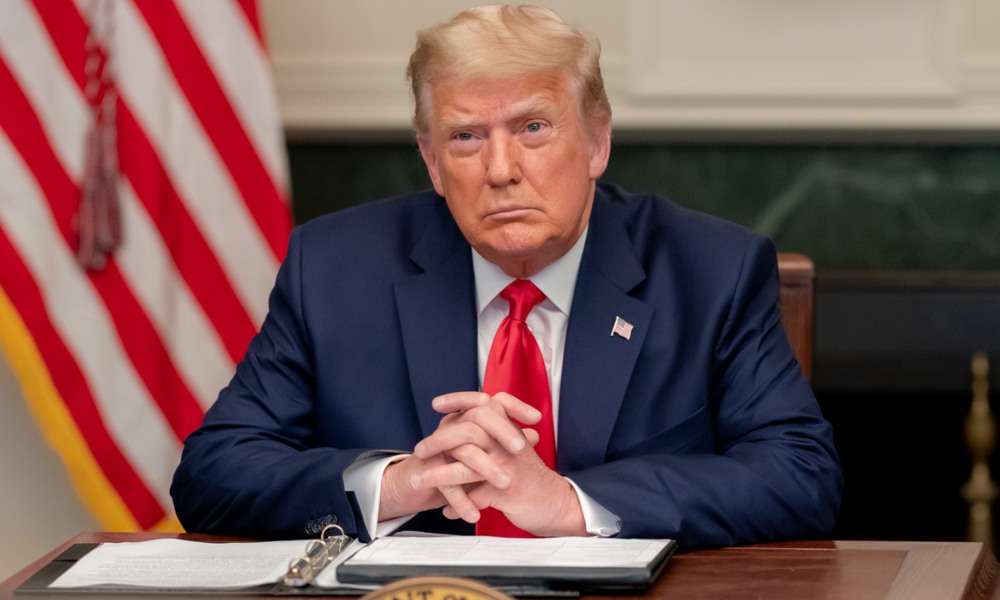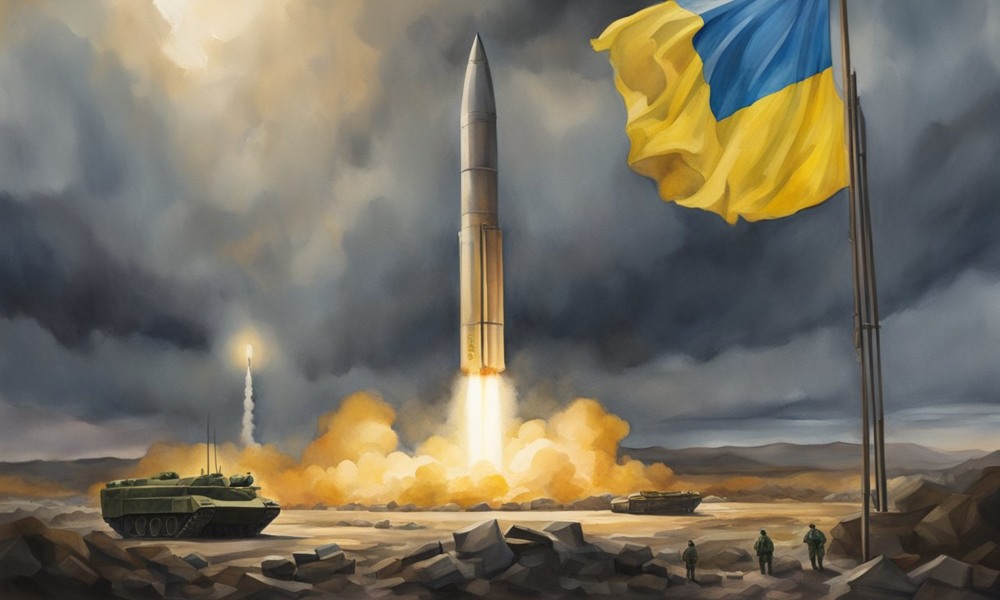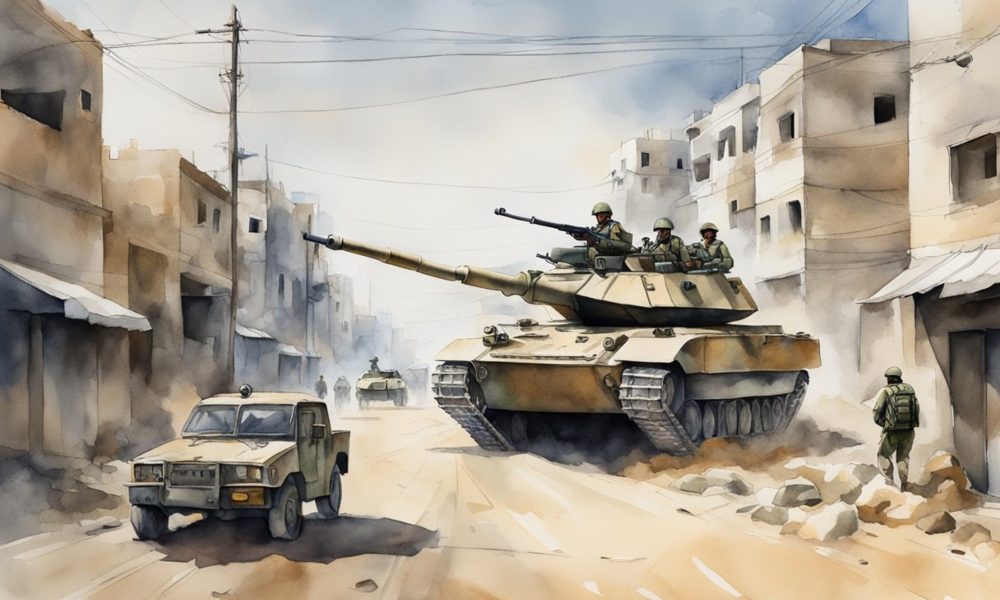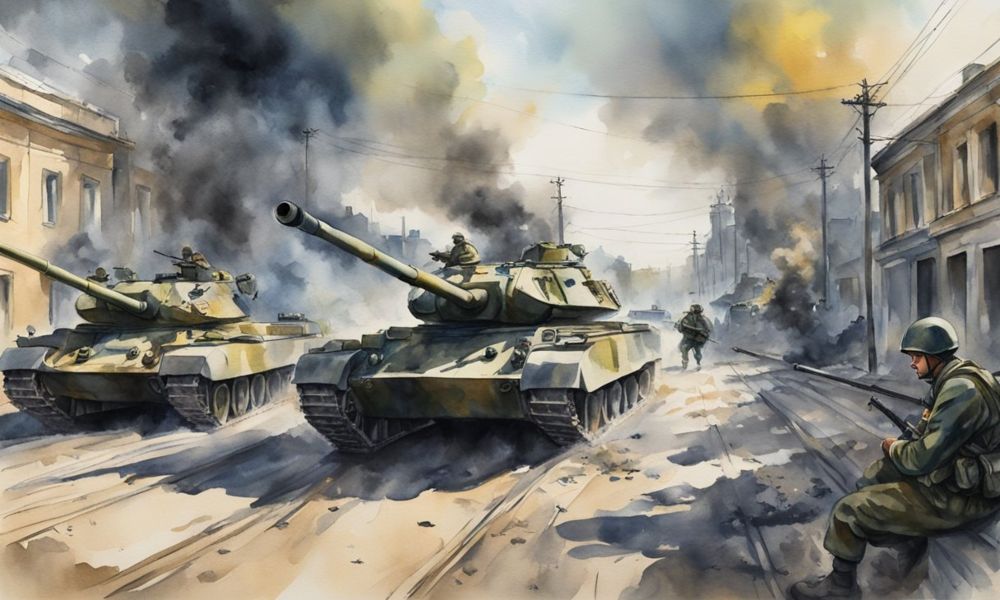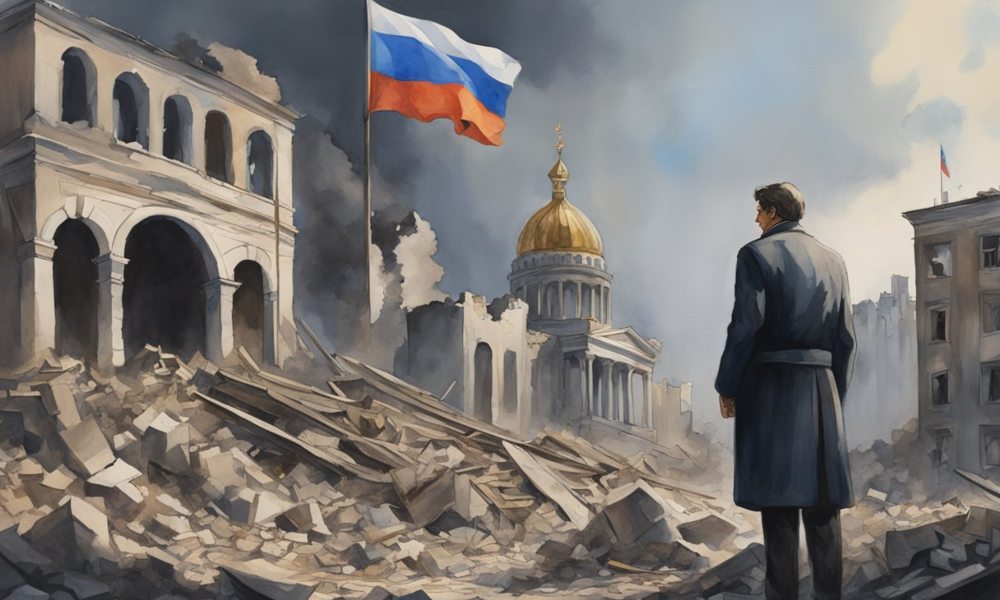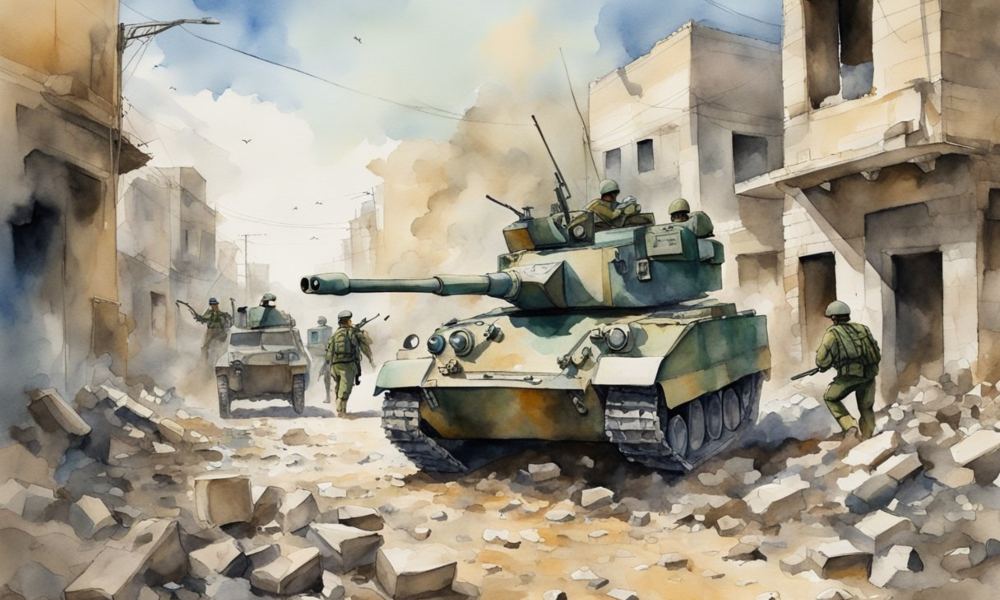Israeli forces have entered the city of Rafah in Gaza. This is a significant development in the ongoing conflict between Israel and Palestinian militants.
- Israeli tanks and soldiers are now in the center of Rafah
- There has been fierce fighting in the city’s streets and neighborhoods
- Israel’s Prime Minister vows to make no concessions despite global criticism
- Thousands of Palestinian civilians have fled Rafah, seeking safety
Why is this battle in Rafah so important? Read on to learn more.
Israeli Forces Push into Rafah
For the first time in the conflict, Israeli ground troops and tanks have pushed into the heart of Rafah. This is a densely populated city in southern Gaza near the Egyptian border.
Fighting has been intense, with Israeli forces exchanging fire with Palestinian militants. Israel claims it is aiming at tunnels and infrastructure that Hamas, the militant group controlling Gaza, uses.
At least 21 Palestinians were killed in an Israeli airstrike in Rafah on Tuesday, according to Palestinian officials. Over 60 others were injured.
The World Health Organization warns that if the fighting continues in Rafah, it may no longer be able to operate the last remaining hospital there.
Widespread Destruction and Displacement
Across Gaza, over 1 million Palestinians have been displaced by the violence, including around 900,000 from Rafah alone. That is about half of Gaza’s total population.
Many civilians have fled their homes multiple times to escape the fighting. They carry whatever belongings they can, using mattresses and sheets to build makeshift shelters wherever they end up.
Aid groups say there is a massive shortage of food, water, medicine, and other essentials. Distributing aid has become challenging, with dwindling fuel supplies affecting hospitals, telecommunications, and aid trucks.
Israeli Leader Refuses to Back Down
Despite widespread international condemnation, Israeli Prime Minister Benjamin Netanyahu says his forces will make no concessions in Gaza. He has vowed to continue the operation against Palestinian militants.
“There is no place for concessions that will allow Hamas to survive and become stronger,” Netanyahu stated.
Israel has faced criticism from allies like the United States over the heavy civilian casualties in Gaza. But Netanyahu insists Israel is doing everything possible to avoid harming civilians caught in the crossfire.
The View from Gaza
Aid workers in Gaza describe a desperate humanitarian crisis unfolding. Shaina Low of the Norwegian Refugee Council says:
“The needs keep growing day after day, and there’s no relief in sight. People are doing whatever they can to survive and find safety.”
An Israeli spokesman claims Palestinian militants have been stealing aid on a mass scale. However, aid groups deny this, saying they have mechanisms to prevent the diversion of supplies.
One resident of Gaza described spending hours each morning waiting in long lines to collect water from distribution points as the water shortage has become acute.
What’s Next?
The entry of Israeli ground forces into Rafah marks a new, dangerous phase of the conflict. Civilian casualties are likely to mount in the densely populated city.
With both sides refusing to back down, how or when the violence might end remains unclear. Worries are increasing about the worsening humanitarian situation in Gaza as well.
Can diplomacy resolve this escalating situation before further tragedy occurs? Only time will tell.


